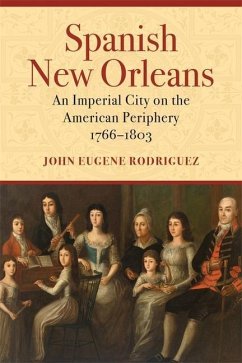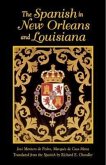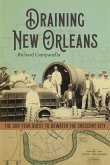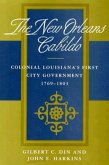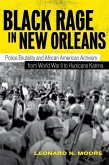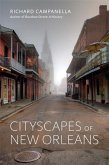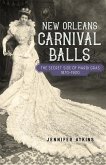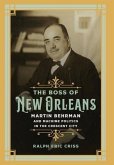"John Rodriguez's "Spanish New Orleans" is the first comprehensive academic analysis of Spain's governance of the largest imperial city in its North American empire. Rodriguez suggests that the Spanish empire was, at least on the northern edge, slipping into economic and perhaps political independence at least a decade before the overthrow of its Bourbon Spanish rulers in 1808. His work questions that of earlier historians, who argued that Latin America was fundamentally conservative and complaisant under Bourbon rule. Instead, Spanish New Orleans shows that in the capital of Louisiana, Spanish rulers were slowly losing control of three interwoven aspects of the city-demography, trade, and political discourse. Rodriguez demonstrates how the changing population shaped trade, which in turn shaped just how far the citizens of New Orleans believed they could go in addressing their governors and even their king. Far from being a peripheral city in a peripheral colony, New Orleans, by 1803, was reshaping the Spanish empire beyond the comprehension of the Spanish king. Providing accounts of free militiamen of color, women, foundational merchants, literacy, and the judicial system-all traditional examples of how Spanish New Orleans was much like other Bourbon imperial cities-the study shows that the capital was also quite different; it was a city of multi-ethnic, multi-lingual citizens who thrived in many ways despite the empire. The study casts Spanish New Orleans in an entirely new perspective and is sure to be of interest to the broad spectrum of Latin American and Atlantic World scholars as well as those focused on the early American West and imperial transitions. There are no similar works on the city's history. The study marks new methodological paths for historians of Latin America and early U.S. history by making use of enormous data compilations on population, ethnicity, and economics. Rodriguez also analyzes previously ignored eighteenth-century Spanish-language documents, including petitions, postal records, and military rosters, paintings and silhouettes, signature analysis, and archaeological reports. These tools and methods permit new and intriguing comparisons of New Orleans with other contemporary Spanish imperial cities as well as with cities in the then-expanding United States. Rodriguez's goal is not to merely reinsert New Orleans into Spanish imperial history-it is to consider what the city reveals about the challenges and opportunities for the Spanish Bourbon empire, where that empire fit into the broader context of trans-Atlantic demography, commerce, and political discourse, and how a new North American empire could so quickly and easily absorb a Spanish city"--
Hinweis: Dieser Artikel kann nur an eine deutsche Lieferadresse ausgeliefert werden.
Hinweis: Dieser Artikel kann nur an eine deutsche Lieferadresse ausgeliefert werden.

